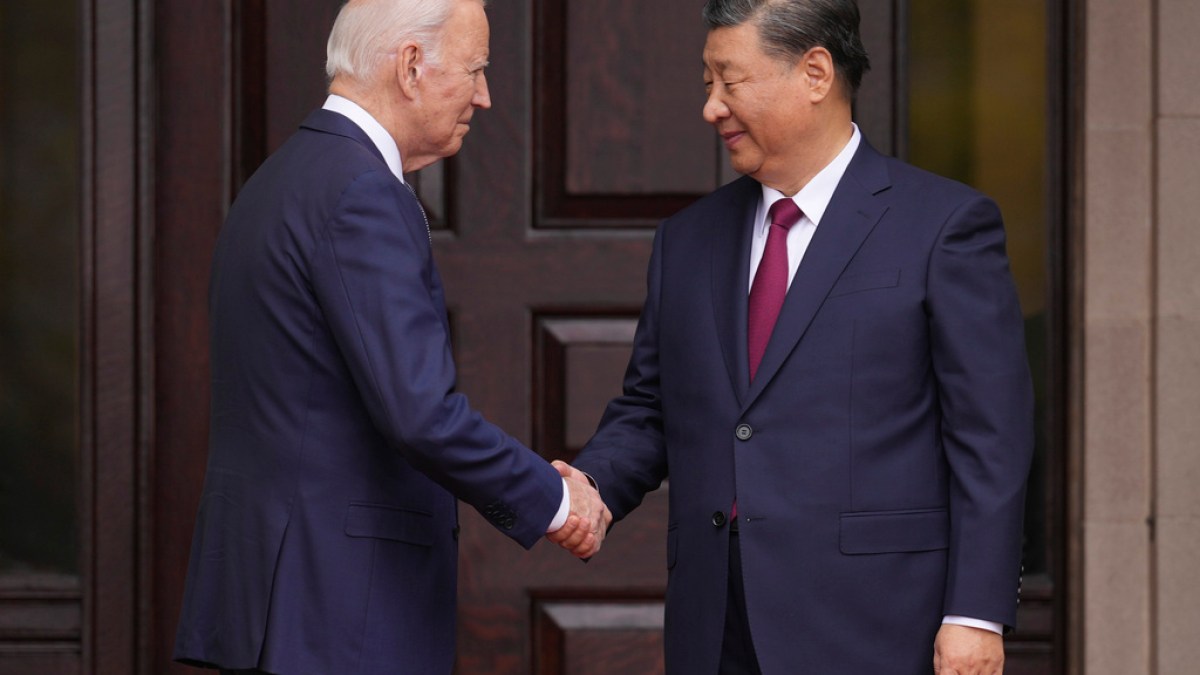‘No other land’: Palestinian Bedouins forced out under cover of Gaza war | Israel-Palestine conflict News

‘No other land’: Palestinian Bedouins forced out under cover of Gaza war | Israel-Palestine conflict News
The Palestinian Bedouins of the West Bank do not have time to wait for Israeli Jews to turn against their government’s policy towards them.
Instead, they rely on their own resilience – or, in Arabic, “sumud”. The term expresses the Palestinian sense of being rooted in their own land, and their historical rights.
It is a word which has become a guiding principle for Palestinians, leading many Bedouins to stay on their land despite the ongoing harassment.
Many attempt to return to their villages even after their belongings have been stolen and their homes reduced to ruins, as Abu Bashar and a few men from Wadi as-Seeq did repeatedly. They have tried, time and time again, to return to the remains of their homes, empty animal pens and stolen solar panels, but with no success.
Ekhlas Kaabneh, 25, is from the Bedouin East Taybeh community in al-Mu’arrajat. Ekhlas’s family illustrates Palestinian resilience: Although a settlement outpost is just a few metres away, the family is determined to stay and continue their Bedouin life, alone, despite the rest of their community being displaced.
Ekhlas waters the plants in front of her house, made of tin sheets, and smiles at her flowers. “These flowers have bloomed despite the extreme heat this year, she said. They always remind me of steadfastness; this is how we should be.”
Ekhlas’s community was partially displaced two years ago and completely displaced after October 7. The family lives alone on the slope of a mountainous area bordered to the north and west by olive trees. To the east are vast agricultural lands extending to Jericho, which were inhabited and farmed by Bedouin families until 2017, when they were expelled by settlers, their agricultural lands seized and settlements built in their place.
“The settlers stole our identity. [They live] as Bedouins, working in herding sheep and cattle, even though they settle the land without a single animal with them… They stole our livestock, which is among the best in the world, we inherited from our ancestors,” Ekhlas says, the smile gone from her face.
Several Bedouins and Israeli activists said that settlers in new outposts since 2015 deliberately dress in Bedouin-like clothing, build tents and herd livestock. Passersby often cannot recognise them unless they engage in conversation, as they do not speak Arabic.
Ekhlas and her family have continued to face attacks. Last year, on March 29, during the Islamic holy month of Ramadan, she was beaten as she slept, waking up to pepper spray in her eyes. She could hear only the screams of her two sisters and little brother as their house was damaged by the settlers.
“After that horrible night, we became afraid… I sleep every day with a stick next to me in case of another attack. I always have nightmares about that night that make me wake up in fear,” Ekhlas said.
Aside from the settlers, Ekhlas faces the threat of Israel itself. Her family has been issued a demolition order, on the pretext that their home was built on land in Area C without permission – which is notoriously hard to obtain for Palestinians.
Area C constitutes nearly 60 percent of the West Bank and is the main focus of the illegal settlement enterprise. Area B is under joint Palestinian-Israeli control while Area A is under the governance of the Palestinian Authority (PA). In Area C, where Israel retains complete control including security and zoning since its occupation in 1967, there are at least 325,500 settlers in 125 settlements and more than 100 outposts. An estimated 180,000-300,000 Palestinians live in Area C, including 27,500 Bedouins, according to the United Nations.
The late Palestinian President Yasser Arafat issued a decree in 2002, establishing the Colonization and Wall Resistance Commission (CWRC) to confront the illegal settlements.
“Its primary task is to support the Palestinians in Area C through rebuilding their homes and even having employees stationed among them for a period to help resist and document the settlers’ violations,” said Younis Arar, the head of the commission’s international relations unit and the director in Bethlehem.
Arar himself has been arrested by Israeli authorities multiple times while defending Palestinian homes and suffered an injury to his foot after a settler attacked him with a car.
“Since October 7, 26 Palestinian communities and villages to the east of the West Bank and Jerusalem, and the south of Hebron, have been entirely displaced and seized, but we are making every effort to stabilise the remaining residents in their place,” said Arar.
“We can’t do more, the world is unable to send a sip of water to Gaza under a genocide, and we in the West Bank are also alone resisting the occupation. We have no choice but our sumud.”
It’s a choice Ekhlas knows all too well.
“If we take a step back, they will take steps forward with their settlement,” she said. “We have no other land.”
This story was produced with the Internews Earth Journalism Network.




